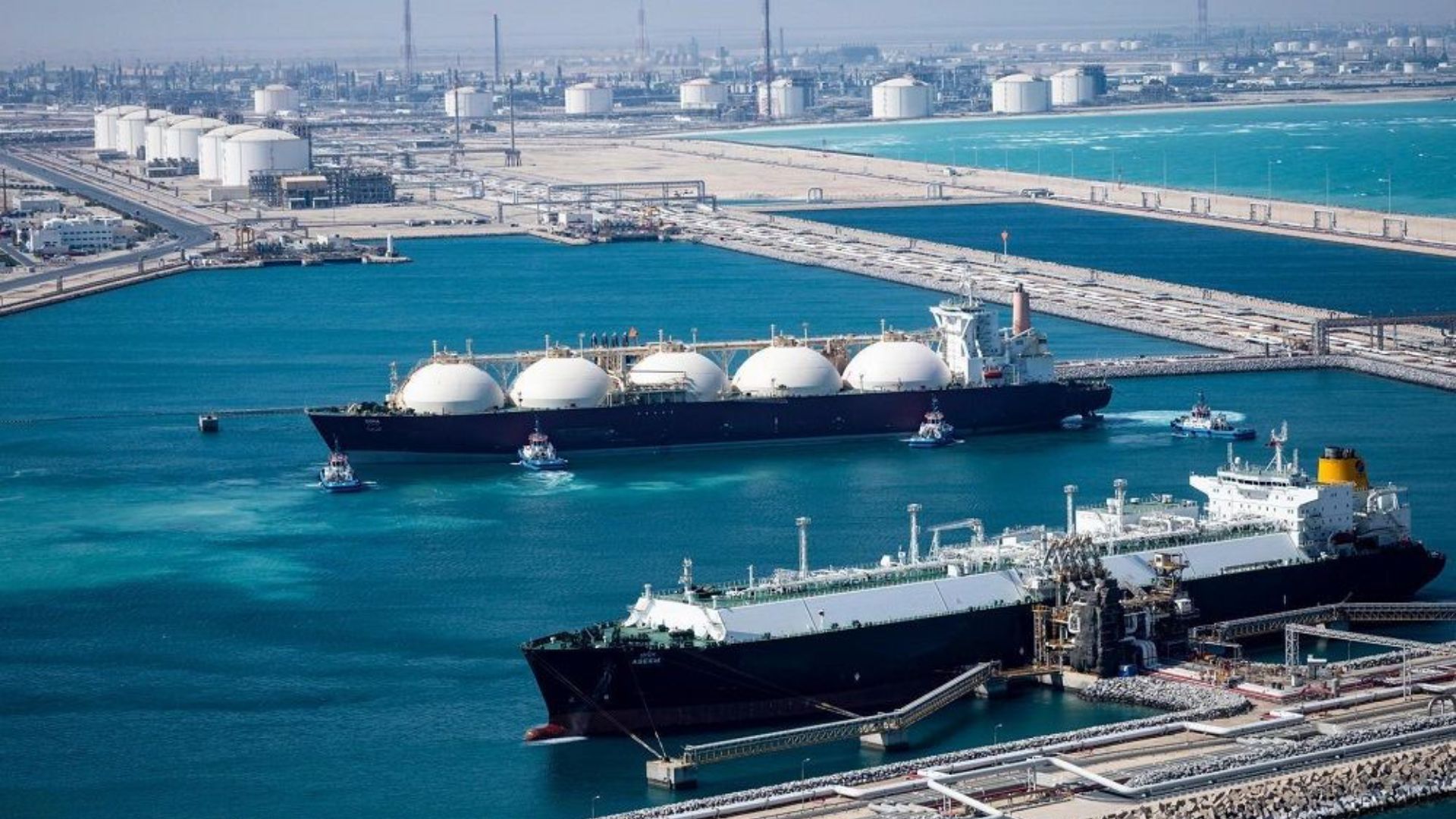Qatar's Ambitious LNG Expansion Plan: Securing Energy Security and Embracing Sustainable Growth
- Qatar | 26 February 2023

Qatar, known as the world’s largest exporter of liquefied natural gas (LNG), has been urged to increase its production to address the gap left by Russia’s energy exports to Europe since the beginning of 2022.
Currently, the peninsular Gulf nation produces approximately 77 million metric tons of LNG annually. However, QatarEnergy, the leading energy company in the country, has outlined a five-year roadmap to raise its output significantly.
According to the plan, by 2027, QatarEnergy aims to export a staggering 126 million tons of LNG per year, contributing significantly to global energy security while nearly doubling its income.
Fortuitously, this surge in global energy demand aligns with the production from Qatar’s renowned North Field, believed to be the world’s largest natural gas and gas condensate reservoir. The field holds an estimated 50 trillion cubic meters of natural gas and has recently been revealed to extend further southward toward Qatar’s territorial waters than previously known. This revelation allows Qatar to tap into the productive layers of the North Field near Ras Laffan.
Saad Sherida Al-Kaabi, Qatar’s Energy Minister and the President & CEO of QatarEnergy, revealed that extensive work has been undertaken in the past two years to confirm the field’s extent and the feasibility of production from Qatar’s northern coastal onshore areas. As early as 2019, Al-Kaabi asserted that Qatar has unquestionable rights to tap into the reservoir and execute the project.
However, scaling up LNG production requires the construction of crucial infrastructure, including liquefaction plants, storage tanks, and loading facilities.
In response to Qatar’s rights to the North Field, Qatar Petroleum has been expanding its infrastructure to accommodate the increased production. Advanced engineering work is currently underway, and several contracts have already been awarded.
In April 2022, a Spanish-Chinese consortium secured a large-scale engineering, procurement, and construction (EPC) contract to commence work on LNG storage and loading facilities in Ras Laffan industrial city, located near the southernmost part of the North Field.
Furthermore, in June 2022, QatarEnergy and the American petroleum giant ExxonMobil finalized a major public-private partnership for the development of North Field East. This partnership is expected to elevate LNG production from the current figure of 77 million tons per year to 110 million tons. The joint venture company, fully owned by QatarEnergy (75%) and ExxonMobil (25%), will design and construct four massive liquefaction plants with a combined capacity of 32 million tons per year.
Qatar’s success in the hydrocarbon sector has been greatly influenced by its collaborative approach with international companies, fostering synergy in the industry. A notable example is the long-term presence of Shell, which constructed Pearl GTL, one of the largest gas-to-liquid (GTL) facilities in the region. Shell’s investment of USD 20 billion in Qatar’s hydrocarbon sector has not only contributed to the country’s growth but also facilitated knowledge transfer.
Rick Tallant, Managing Director and Chairman of Shell Qatar, emphasized the potential for collaboration between QatarEnergy and Shell, stating that combining their capabilities and technology could yield creative solutions to advance both companies during the energy transition.
While LNG is considered one of the cleanest hydrocarbon fuels, proper construction and operation of LNG trains are essential to minimize hazardous byproducts. With the substantial increase in LNG production over the next five years, the Ministry of Energy in Qatar is prioritizing the implementation of eco-friendly practices across the sector. This commitment to environmental responsibility has been underscored by Sheikh Tamim bin Hamad Al Thani, the Amir of Qatar, who highlighted the significant investment in eco-friendly technologies for the North Field project. The facilities will incorporate carbon capture solutions, and efforts will be made to minimize pollution resulting from LNG shipping.
To support the expansion of LNG production, QatarEnergy is launching a shipbuilding program to expand its fleet of LNG carriers. The new vessels will incorporate the latest and cleanest technologies. Qatar plans to award EPC contracts to reputable Japanese and Chinese shipbuilders, ensuring the highest standards of environmental performance, according to Al-Kaabi.
The increased activities in the LNG sector will have a positive impact on Qatar’s economic growth. After a 3% GDP growth in 2021 during the post-pandemic recovery, the country is projected to experience a growth rate exceeding 4.9% this year, fueled by a 10% increase in hydrocarbon exports, according to the World Bank. Qatar’s ambitious LNG expansion plan is poised to strengthen its energy security, foster sustainable growth, and solidify its position as a global leader in the LNG industry.








